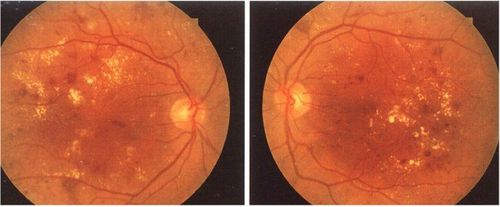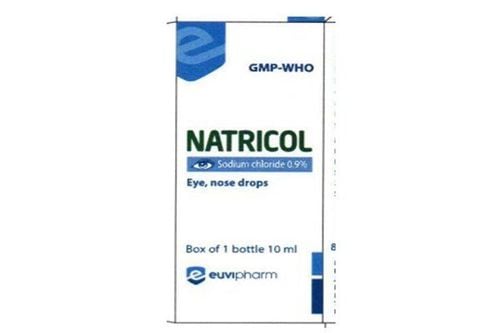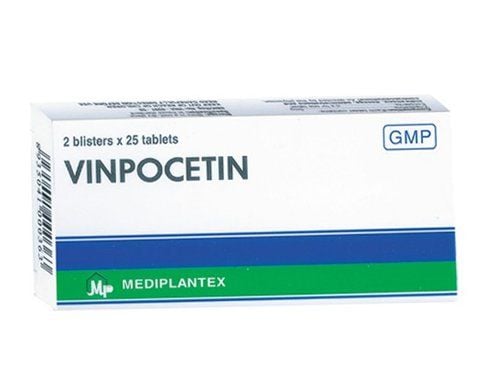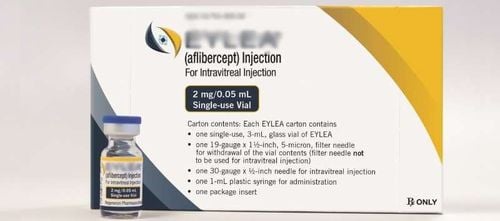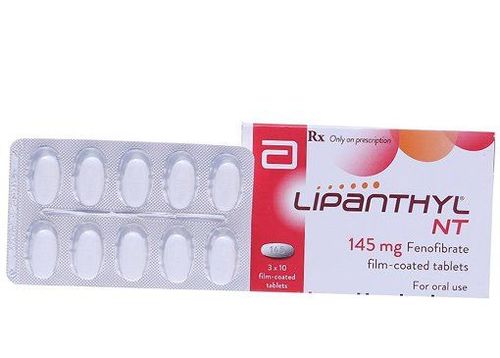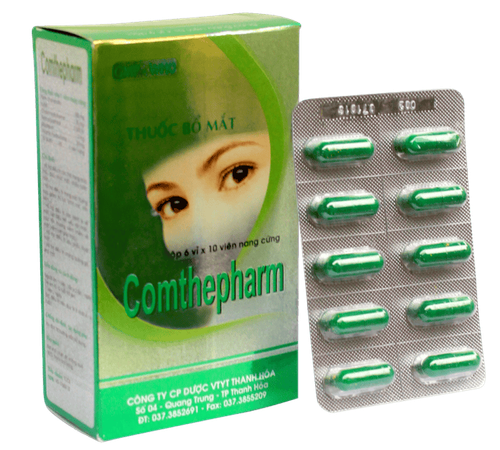This is an automatically translated article.
The article was professionally consulted with Master, Doctor Hoang Thanh Nga - Ophthalmologist - Department of Medical Examination & Internal Medicine - Vinmec Ha Long International General Hospital.In order to have healthy eyesight, in addition to a scientific and reasonable lifestyle, it is necessary to have a nutritious diet, eat foods that are good for the eyes such as carrots, tomatoes, green vegetables.... At the same time, limit Limit the use of the following foods that are not good for the eyes.
1. Bread and pasta are foods that are not good for the eyes
Researchers have shown that the bonds of simple carbohydrates found in starchy foods, like white bread and pasta, increase the risk of age-related macular degeneration (AMD). , the leading cause of vision loss in the elderly. Because the body digests these carbs quickly, blood sugar spikes.To prevent this, health experts recommend swapping white bread and pasta for whole grains.
2. Processed meat
Sausages, bacon, and cold cuts are high in sodium. This spike in salt intake can eventually lead to high blood pressure (hypertension). This can cause serious eye problems such as:High blood pressure retinopathy , blood vessel damage that causes blurred vision or loss of vision; Thyroid disease, a buildup of fluid underneath the retina; Neuropathy, a blockage of blood flow kills the nerves and causes vision loss. Nutritionists recommend limiting your sodium intake to 2,300 milligrams or less a day.
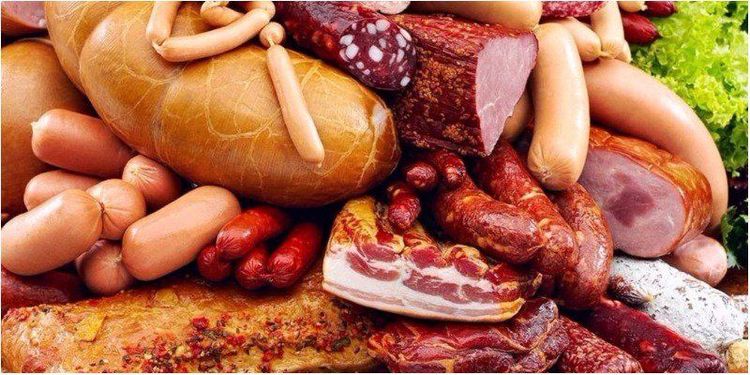
Thịt chế biến sẵn là thực phẩm không tốt cho mắt
3. Fried food is not good for eyes
Fried foods processed with trans fats raise LDL (“bad”) cholesterol levels in the body and can lead to heart disease, stroke, and type 2 diabetes. They also make molecules that are called free radicals can damage and kill cells. All of this is linked to eye diseases - AMD and diabetic retinopathy, symptoms of eye dysfunction.Fight free radicals by eating fruits and vegetables high in vitamin C such as citrus fruits, tomatoes and red bell peppers are eye foods recommended by nutritionists and doctors.
4. Cooking Oil Increases AMD Risk
A study 30 years ago showed that cooking oil contains too much linoleic acid, a type of unsaturated fat, putting people who use a lot may be at higher risk of AMD than those who use less. That active ingredient can be found in the following cooking oils: safflower oil, sunflower oil, corn oil, soybean oil, sesame oil... Health experts recommend cooking oils contain about 4 grams saturated fat per tablespoon. Use cooking oil in moderation; Stay away from those with hydrogenated oils and trans fats.5. Margarine raises the risk of heart disease and eye problems
Margarine is made with vegetable oils, so it has "good" unsaturated fats. Many people think that using margarine to replace other products made from butter is more beneficial for health. But some margarines also undergo hydrogenation that turns from liquid to solid, increasing cholesterol levels and the risk of heart disease and eye problems. The more solid the margarine, the more trans fats, beneficial vitamins and minerals, are converted into saturated fats that are directly harmful to the eyes. So instead of sticks, use spreads or liquids. You can also look for margarine brands with 0 grams of trans fat on the label.6. Instant food
Ready-to-eat, prepackaged foods like soups, ketchup, canned foods like cold cuts, hot dogs, etc. are often high in sodium, up to 75% of the recommended amount. Therefore, limited consumption of these foods can reduce the risk of high blood pressure and related eye problems. Scientists recommend looking to buy products that contain small amounts of sodium or no salt, no preservatives, no chemicals, additives... Besides, add healthy spices and herbs to increase the natural flavor of dishes, create more healthy in daily nutrition, help reduce the risk of eye diseases.7. Soft drinks are not good for eyes
According to Alternative Daily, soft drinks such as soda, energy drinks, carbonated water, ... contain a lot of artificial sugar, so they are listed in the food group that is not good for the eyes. Although these beverages are also the number one source of calories and added sugars in the US diet. But all of that sugar increases your odds of developing type 2 diabetes and heart disease. This can lead to eye-related diseases such as diabetic retinopathy and AMD. Please limit the use of sugary drinks, soft drinks. Instead, using pure drinking water, filtered water is a good habit to help protect eye health.8. Certain types of marine fish and shellfish
Sea fish such as tuna, swordfish, mackerel, ... contain low fat, rich in Omega-3, vitamins and minerals but contain high levels of mercury. Eating fish dishes in moderation is very good for health. But with heavy, frequent, high-level use, and for certain groups of people, mercury can build up, causing serious health problems, including eye damage. To avoid affecting health, should eat sea fish in a reasonable diet, in a moderate amount. Health experts say pregnant women, those who are breastfeeding or pregnant, and children should eat only 8-12 ounces of fish and shellfish per week.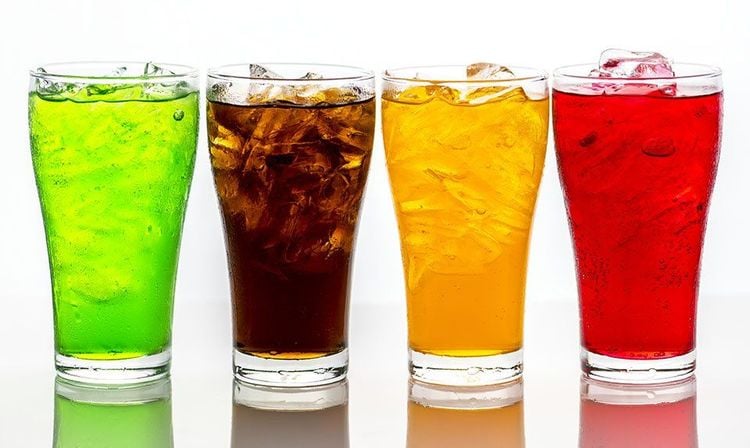
Nước ngọt là đồ uống không tốt cho mắt
9. Alcohol causes eye diseases
Alcohol is a drink that if consumed in excess can cause eye diseases. Drinking too much alcohol can lead to cataracts at an earlier age, a common condition that causes cloudy areas in the lens of your eye, leading to blindness.When using too much alcohol, metabolism and excretion are overloaded, high blood alcohol level for a long time continuously will cause poisoning and affect many organs in the body, including eyes. According to many studies, alcohol abuse causes a deficiency of B vitamins, such as vitamin B1 to help nourish the nervous system, vitamin B2 to help maintain vision, vitamin B6 to help the body fight bacteria, vitamin B9, also known as vitamin B9. As folic acid stimulates the production of red blood cells and reduces birth defects, vitamin B12 helps create blood cells to avoid anemia on the nervous system including the optic nerve.
Not only that, if drinking fake alcohol, poor quality alcohol can cause acute poisoning. Fake alcohol contains the active ingredient Methanol, which causes a sudden increase in the amount of formic acid in the blood, affecting the nervous system, causing headaches, nausea, and abdominal pain. Neurotoxicity (the area of the optic nerve) leads to impaired vision, possibly even blindness.
10. Caffeine is not good for eyesight
Studies show that people who have a habit of drinking coffee often have higher eye pressure than those who do not drink. The caffeine found in coffee can increase the pressure inside the eye, or intraocular pressure (IOP). Glaucoma is an eye disease that can cause vision loss and blindness due to damage to the nerves at the back of the eye or fluid in the eye that cannot drain.Reasonable and scientific nutrition not only plays an important role in keeping eyes healthy but also improving body health. In order for your eyes to function at their best, provide them with all the necessary nutrients from clean, natural foods, especially carotene and other trace elements. Besides, it is necessary to limit the use of foods and drinks that are harmful to the eyes; Periodic eye examination every 6 months to promptly detect and treat eye diseases, avoiding serious consequences. Vinmec International General Hospital has full human resources and modern equipment to help diagnose and treat eye diseases.
Please dial HOTLINE for more information or register for an appointment HERE. Download MyVinmec app to make appointments faster and to manage your bookings easily.
Reference source: webmd.com



